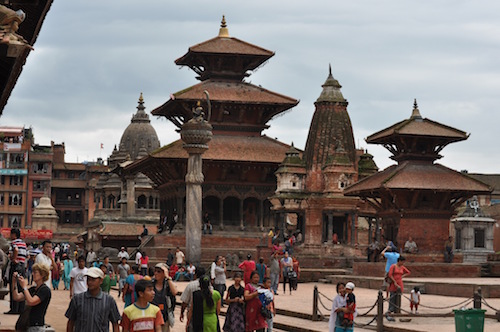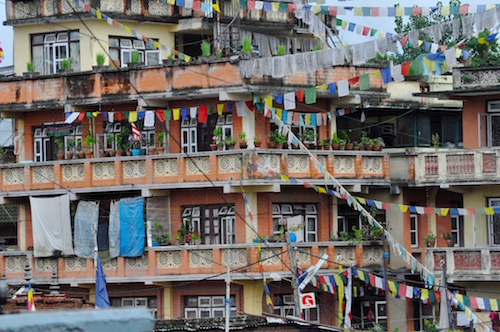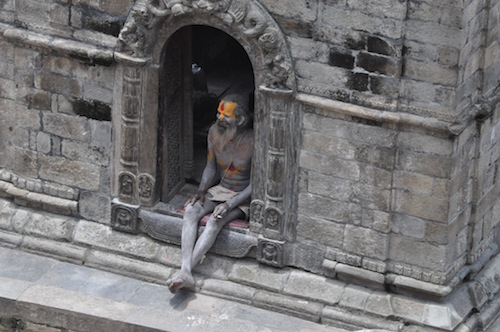How to give ethically after a disaster
The travel community is truly one of the most giving I know of. Most people who travel do so because they recognize how much our world has to offer. We want to connect. We want to help. We may not always have lots of money, but we do have very big hearts.
When tragedy strikes, as it most recently has in Nepal, there is a collective itch within the travel community to do something. Sitting by and watching the suffering of others is not an option once you have made friends in countless locations around the globe. While others may feel a slight detachment from tragedy abroad, many travelers can visualize exactly where those tremors hit. We wonder if the hostel owner, the painter down the street, and the cab driver we hired for a day, are alright. We remember watching little girls sip water at Patan Durbar Square and we recall the warmth of that last handshake we shared with a local who quickly became a friend. It feels personal because we have designed our lives around connecting with people around the world. And now, those people are suffering.
Doing something is in our nature. However, our experiences also tell us that where there is tragedy there are also unscrupulous people. People who take advantage of desperate situations and do not always operate or funnel help the way they should. So, how do we help in a manner that we are certain is actually beneficial?
1) Do your research. Know the organization you are giving your money to. Know where there money goes and what it does. Know who runs the organization and what there agenda is, if any. Just as you ask questions on your travels, ask questions of those who take your money to help victims. If you’d like to start researching organizations with good reputations, Charity Navigator is a good place to start.
2) Consider your skill set before hopping on a plane. In an emergency, there are bound to be some travelers with open itineraries who have the ability and the means to fly to the disaster area to offer assistance. Before you do that, consider what you can really offer. If you do not have a skill set that lends itself directly to a current need in the area, do not go. More people in a disaster area means a bigger drain on already strapped resources.
3) Think before you donate goods. No one needs old prom dresses or teddy bears with missing legs in a disaster situation. This may sound obvious but when disaster strikes and people just want to help in any way they can, sometimes they don’t think through what they are putting in a bag. Often, shipping donated goods isn’t a good idea anyway. Many things can be bought in country, often for far cheaper. Saving the shipping costs and donating money to an organization that can buy local is often a much better idea. Doing so will benefit a local economy that will be struggling for a long time to come due to a loss of infrastructure and tourism. Buying local also allows things to be purchased as needed instead of spending time, space, and resources sorting and storing things that may or may not ever be needed.
4) Consider helping local organizations. Organizations like The Red Cross and Doctors Without Borders have undeniable ability to work on a large scale in disaster situations. However, there are many small, local run organizations who were doing good work before distiller struck and they still have people to serve after. Small, local organizations know the area, the culture, and the needs of the populations they serve better than anyone. If you know anyone in the area, ask them to tell you what organizations are in need and worthy of some support as they rebuild. Global Giving has a current fundraising campaign that focusing on identifying and funding local organizations that are in the best position to help Nepal rebuild.
It’s natural to want to help when disaster strikes. It’s also important to make sure we are helping in ethical ways. Our connection to the world is exactly what makes travelers such good helpers and that connection is also what requires us to be thoughtful before we give.




Category: Ethical Travel, Ethics